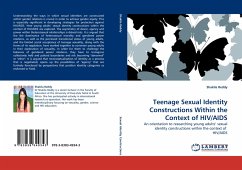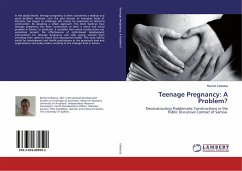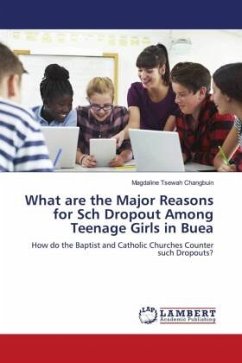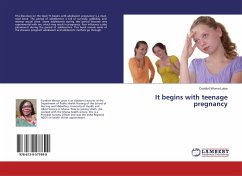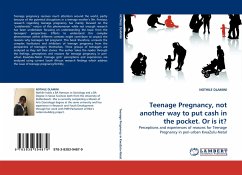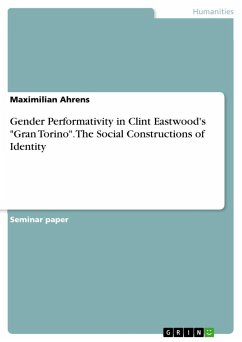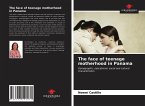Understanding the ways in which sexual identities are constructed within gender relations is crucial in order to achieve gender equity. This is especially significant in developing strategies for protection against HIV/AIDS. Here young adults' sexual identity constructions within the context of HIV/AIDS are explored. The asymmetry of desire, agency and power within (hetero)sexual relationships is delved into. It is argued that the the dominance of heterosexual morality and gendered power relations, as well as the perceived transitional status of young adults, and the limited social acceptance of teenage sexuality, along with the forms of its regulation, have worked together to constrain young adults in their exploration of sexuality. In order for them to challenge the balances of gendered power relations, they have to transgress collectively held and policed boundaries and risk becoming "abnormal" or "other". It is argued that reconceptualisation of identity as a process that is negotiated, opens up the possibilities of "agency" that are furtively foreclosed by perspectives that position identity categories as endowed or fixed.
Bitte wählen Sie Ihr Anliegen aus.
Rechnungen
Retourenschein anfordern
Bestellstatus
Storno

